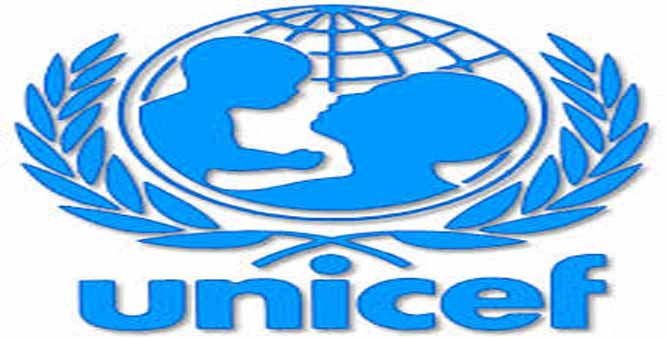The United Nations Children Fund (UNICEF) on Friday warned against cultural practices which may hinder effective nutrition and the well being of children in Nigeria.
Dr Zakari Adam, Chief of UNICEF Field Office, Kaduna, gave the warning in Ilorin at the inauguration of the Technical Evaluation Committee Agenda for Accelerating Nutrition Results in Nigeria (ARiN).
Adam said that there were challenges of cultural practices that might be detrimental in terms of the development of children’s nutrition, adding that such practices had no basis.
According to him, it is not only the low-income persons that might face the problem of malnutrition but also the wealthy.
Adam said poverty in this context was not only on income capacity but ‘about the mindset’, adding that people needed knowledge and education to manage life.
“People may have money, but may not know about good nutrition,” he said.
Adam said there was a need for synergy as regards overcoming the problem of malnutrition in the country, adding that UNICEF would provide technical support and funding toward various programmes with the overall goal of accelerating child protection.
He explained that with the increasing socio-economic burden, there was a resultant increase in the number of malnourished people many of whom were women and children.
Adam reiterated the resolve of UNICEF to complement the efforts of the government by progressively collaborating and aligning the organisation’s efforts to contribute to the implementation of Kwara Work Plan and strengthen coordination around a common result framework.
Also speaking at the inauguration, Dr Rhoda Ajiboye, the Permanent Secretary, Kwara Ministry of Health, urged the committee to ensure the success of the project in the state.
Ajiboye urged it to be sincere, honest and transparent in the execution of its work, adding that the state government went through painstaking efforts to acquire a loan from the World Bank to execute the project.
In her speech, Mrs Chinwe Ezeife, the Nutrition Specialist, UNICEF Kaduna Field Office, said that poverty was no excuse to give good nutrition to children.
Ezeife explained that the watchword was to be ‘innovative’, adding that locally produced foods such as wholesome grains, corn, guinea corn and millet could be combined to produce rich nutrients for children.
The News Agency of Nigeria (NAN) reports that members of the Technical Evaluation Committee included Ezeife, Dr Habib Lawal, Project Coordinator, and Mr Francis Fatoye of Civil Society Scaling-Up Nutrition in Nigeria.




